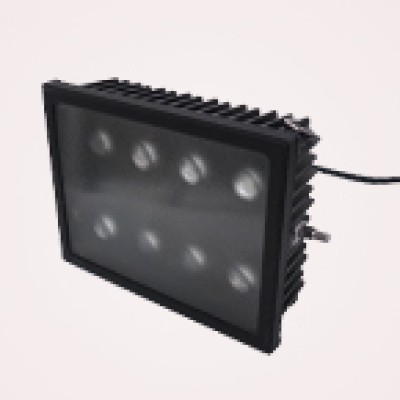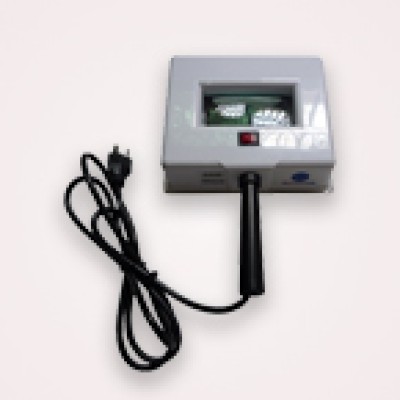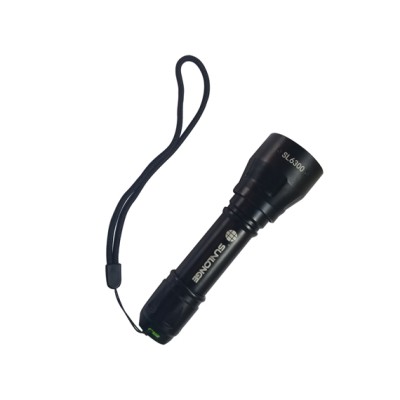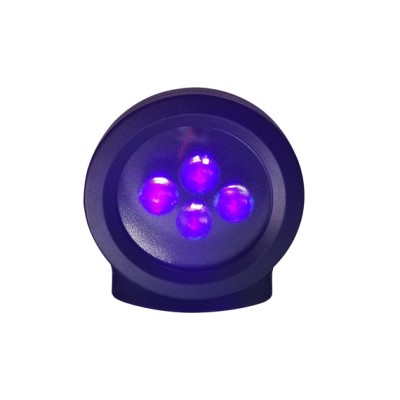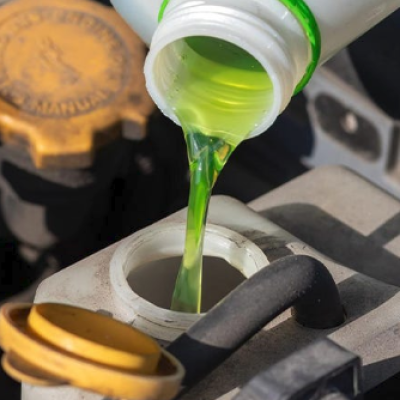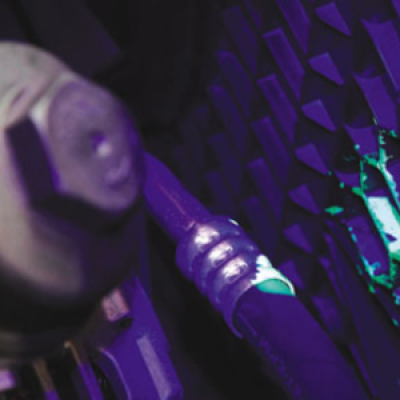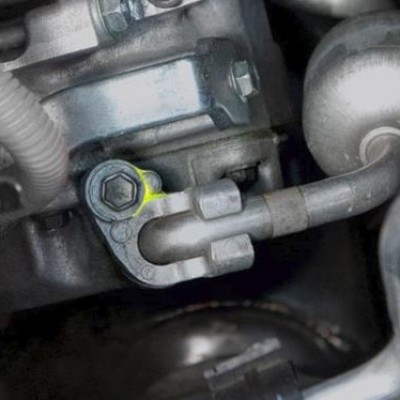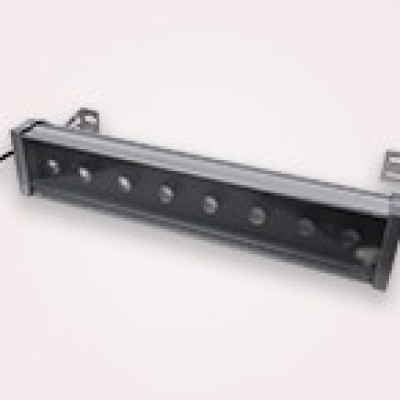Introduction
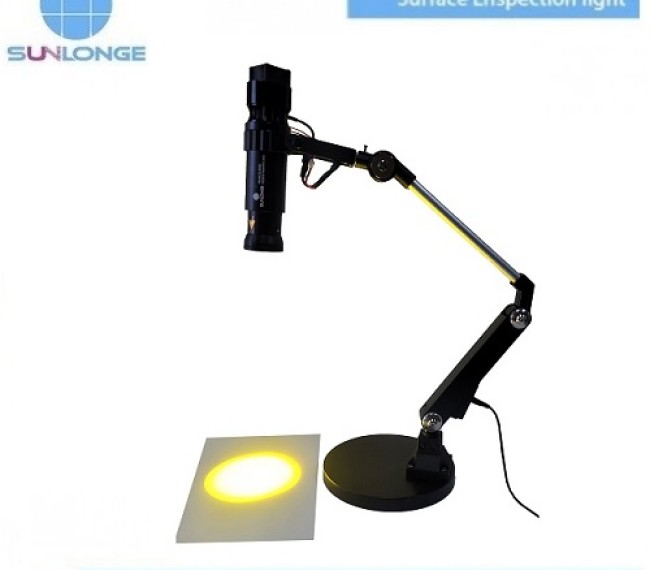
Modern industrial production demands impeccable quality control, where every scratch, contaminant, and surface irregularity can affect a product’s value and usability. Enter the surface inspection lamp—a game changer harnessing both UV and white light to deliver rapid, accurate, and cost-effective detection of surface flaws across manufacturing sectors like semiconductors, electronics, metals, and cleanroom assembly.
- What is a Surface Inspection Lamp?
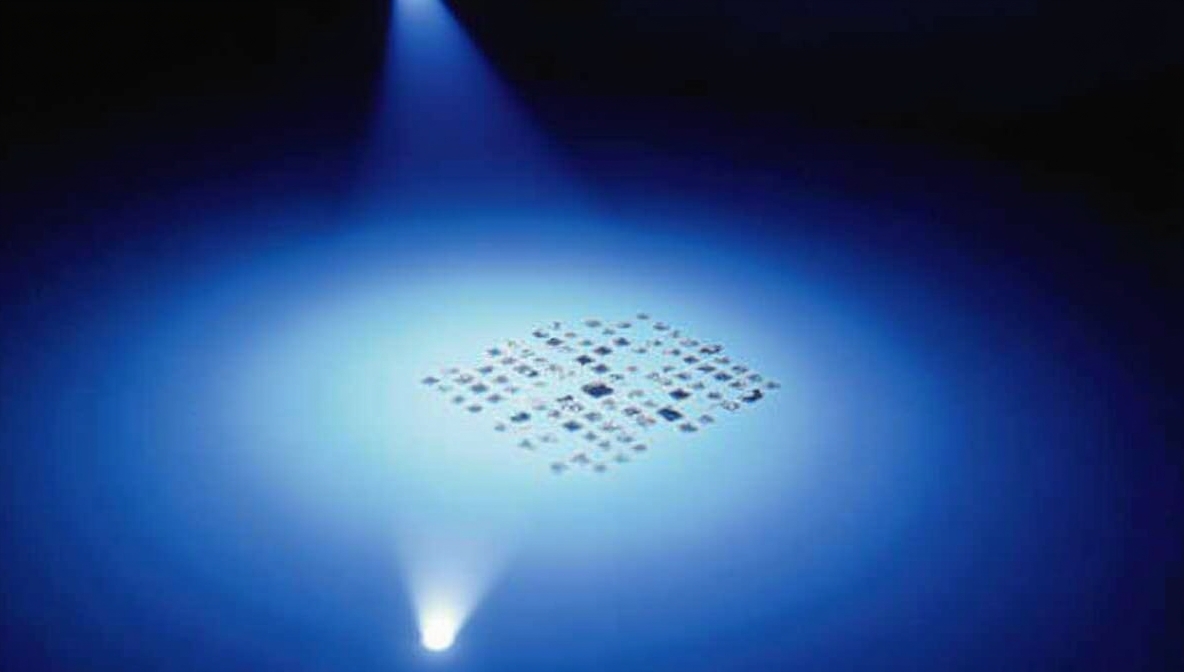
A surface inspection lamp is an advanced lighting device—using high-intensity UV, white, or specialized color (like yellow-green) LEDs—to illuminate and reveal surface defects invisible under normal conditions. These lamps are vital for rapid, reliable detection of scratches, dust, micro-cracks, and contamination on materials ranging from wafers to medical-grade plastics.
- Why Use High-Intensity UV and White Light for Inspection?
- Enhanced Detection: High-intensity light (up to 350,000lx at 30cm in Sunlonge’s SL8100) enables detection of dust particles as small as 1μm—making them up to 10 times more powerful than traditional inspection lamps.
- Multispectral Advantage: UV light causes contaminants, oils, and micro-cracks to fluoresce, while white/yellow-green light enhances visibility of scratches and physical irregularities.
- Faster Inspection: Powerful, wide-area illumination enables simultaneous inspection of large surfaces, minimizing part handling and increasing throughput.
- Reduced Costs: Long LED lifespans (up to 30,000 hours) cut downtime and maintenance costs, while low power requirements translate to further operational savings.
- Operator Safety & Comfort: LEDs operate cooler and safer than mercury-vapor or halogen lamps, reducing heat and eliminating hazardous substances from the work environment.
- How Surface Inspection Lamps Work
- LED Sources: Emit precise wavelengths (UV, white, or yellow-green), optimized for defect visibility.
- Special Lenses & Filters: Customize the beam shape and suppress glare to increase contrast.
- Adjustable Settings: Dimming and focus allow operators to tailor the lamp to specific inspection tasks.
- Instant-On & Durable: LED lamps switch on with full intensity instantly and are more robust for harsh industrial conditions.
- Key Product: Sunlonge SL8100 Wafer Inspection Lamp
Below is detailed information on one of the industry’s leading surface inspection lamps—the Sunlonge SL8100:
| Feature | Sunlonge SL8100 Specifications | Notes/Benefits |
| Light Source | 35W imported LED | High-brightness; custom optics |
| Wavelength | 6000K white or 510–590nm green-yellow | Tailored for different defect visibility |
| Maximum Illuminance | 350,000lx at 30cm | Detects tiny defects (1μm particles) |
| Beam Area | Ø12–20cm at 40cm | Wide coverage for fast inspection |
| Lifespan | 30,000 hours | Reduces cost and maintenance |
| Dimming | 0%–100% (infinite, via modulator) | Adjust to task requirements |
| Power Supply | AC100-240V (input), DC12V 2.5A (output) | Flexible for global use |
| Size/Weight | 76 × 220 mm, 1.3kg | Compact, portable design |
| Applications | Wafer, LCD, PCB, metals, plastics, cleanroom surfaces | Cross-industry uses |
- The Science: UV and White Light in Defect Detection
- UV Inspection:
- Reveals micro-cracks, contamination, and dyes used in NDT (Non-Destructive Testing).
- Enables detection of flaws as small as 30μm—nearly half the size visible to the naked eye under standard lighting.
- Used heavily in industries demanding ultra-high cleanliness and defect-free surfaces (e.g., aerospace, semiconductors).
- White/Yellow-Green Light Inspection:
- Optimal for seeing scratches, surface texture, and dust (especially <10μm on precision electronics and optics).
- Color tuning matches visual sensitivity of the human eye, maximizing operator accuracy and comfort.
- Industrial Impact & Statistics
- Quality Control Costs: Surface defect detection and quality assurance typically represent 15–20% of total revenue in manufacturing-focused industries.
- Defect Detection Efficacy: UV lights allow operators to spot up to 70% of typical defects in a single scan, compared to <40% using conventional inspection.
- Inspection Speed: LED-based surface inspection lamps can double or triple inspection speed over traditional (mercury or halogen) lamps, boosting production line efficiency by up to 60%.
- Operational Savings: Swapping to high-luminance LED lamps reduces energy usage by 80% compared to halogen, and 45% compared to mercury-vapor lamps.
- Downtime: LED lamps’ 30,000h lifetime compared to 3,000h of mercury-vapor lamps means far less maintenance-related production interruption.
- Applications in Industrial Production
- Semiconductors: Wafer, LCD, and PCB inspection for microscopic dust, scratches, and contamination.
- Metals & Alloys: Crack, porosity, and weld quality control in aerospace or automotive plants.
- Cleanroom Operations: Ensuring ultra-clean surfaces—critical in pharmaceuticals and food processing—by detecting residue at the micron level.
- Plastics & Textiles: Identifying surface pits, threads, or irregularities on high-value materials.
- Frequently Asked Questions (Q&A)
Q1: Why do I need both UV and white/colored light in a surface inspection lamp?
A: UV light excels at making fluorescent defects, oils, and some contaminants visible, which are otherwise invisible in white light. White or yellow-green light is ideal for highlighting scratches, dust, and structural irregularities. Using both covers the entire defect spectrum, ensuring no flaw is missed.
Q2: What size of defect can these lamps detect?
A: With top models like the Sunlonge SL8100, defects down to 1μm (micron) can be detected, over 10 times more sensitive than standard inspection lamps. UV light alone can reveal particles as small as 30μm, far below what the unaided eye can see.
Q3: How do surface inspection lamps improve inspection speed?
A: High-power, wide-beam LED lamps cover larger areas at once and provide intense illumination, allowing rapid scanning with fewer repositionings. This can boost inspection throughput by as much as 60% compared with older bulb-based units.
Q4: Are LED lamps more energy-efficient than traditional ones?
A: Yes. LEDs typically consume up to 80% less power than halogen lamps, and their extended lifespan further reduces operational costs over time.
Q5: What industries can benefit most from these lamps?
A: Almost any sector needing high-quality surface integrity: semiconductors, electronics, automotive, aviation, medical devices, plastics processing, food, and pharmaceuticals.
Q6: What makes Sunlonge’s SL8100 lamp unique?
A: It delivers one of the highest illuminances (350,000lx), can detect extremely small particles (1μm), has highly configurable light output (white or green-yellow, infinite dimming), and outlasts conventional competitors with a 30,000h lifetime. Its design suits both precision electronics and high-speed industrial lines.sunlonge
- Table: Comparison of Inspection Lamp Key Features
| Lamp Model | Light Source & Power | Max. Illuminance | Defect Size Detection | Lifespan | Special Features | Application |
| Sunlonge SL8100 | 35W LED, white/green-yellow | 350,000lx @ 30cm | 1μm | 30,000h | Infinite dimming, wide beam, portable | Semicon, electronics, cleanroom, PCB |
| Standard UV Mercury | Mercury vapor, 150W | 30,000–50,000lx | 10–30μm | 2,000–3,000h | High heat, hazardous material | Older tech, phasing out |
| Halogen Inspection | Halogen, 150–400W | 40,000–100,000lx | 20–50μm | 1,000–2,000h | High heat/energy, fragile | Outdated in most modern lines |
- Conclusion
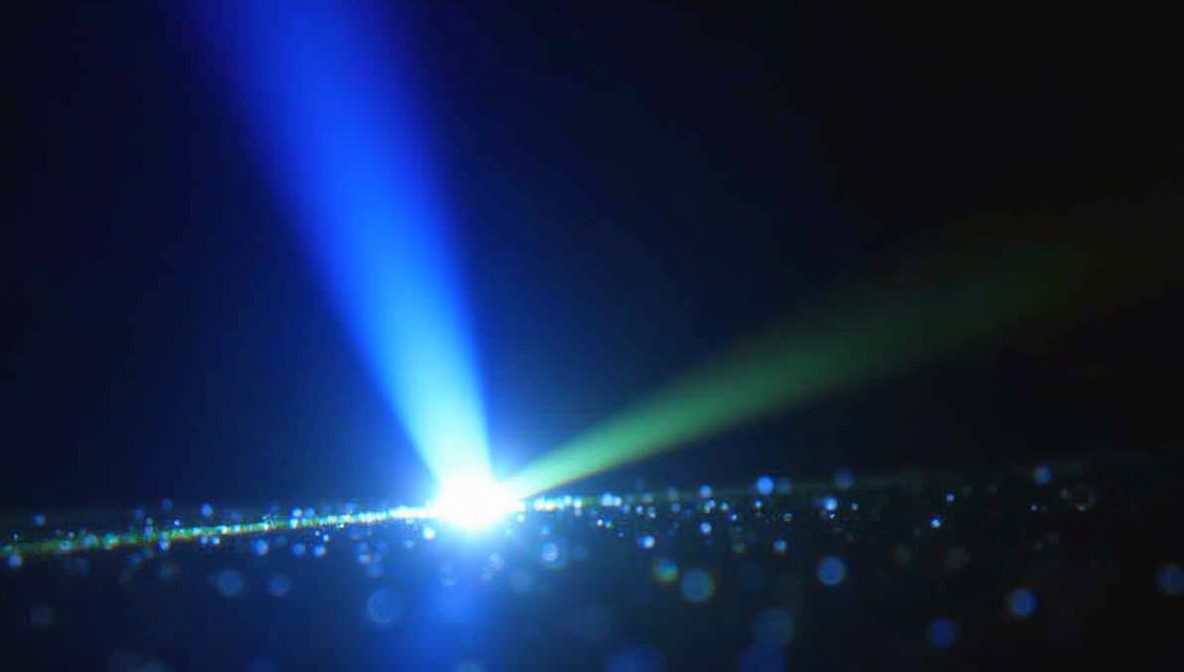
Surface inspection lamps, especially new-gen models like Sunlonge’s SL8100, are crucial for next-level quality assurance. Their combination of high-intensity UV and white/yellow-green light sources allows manufacturers to catch nearly invisible defects swiftly and reliably—reducing scrap rates, warranty claims, and rework costs while enhancing brand reputation.
If quality matters in your production line, upgrading to a high-performance surface inspection lamp will pay dividends in operational efficiency and product excellence.
 CN
CN

